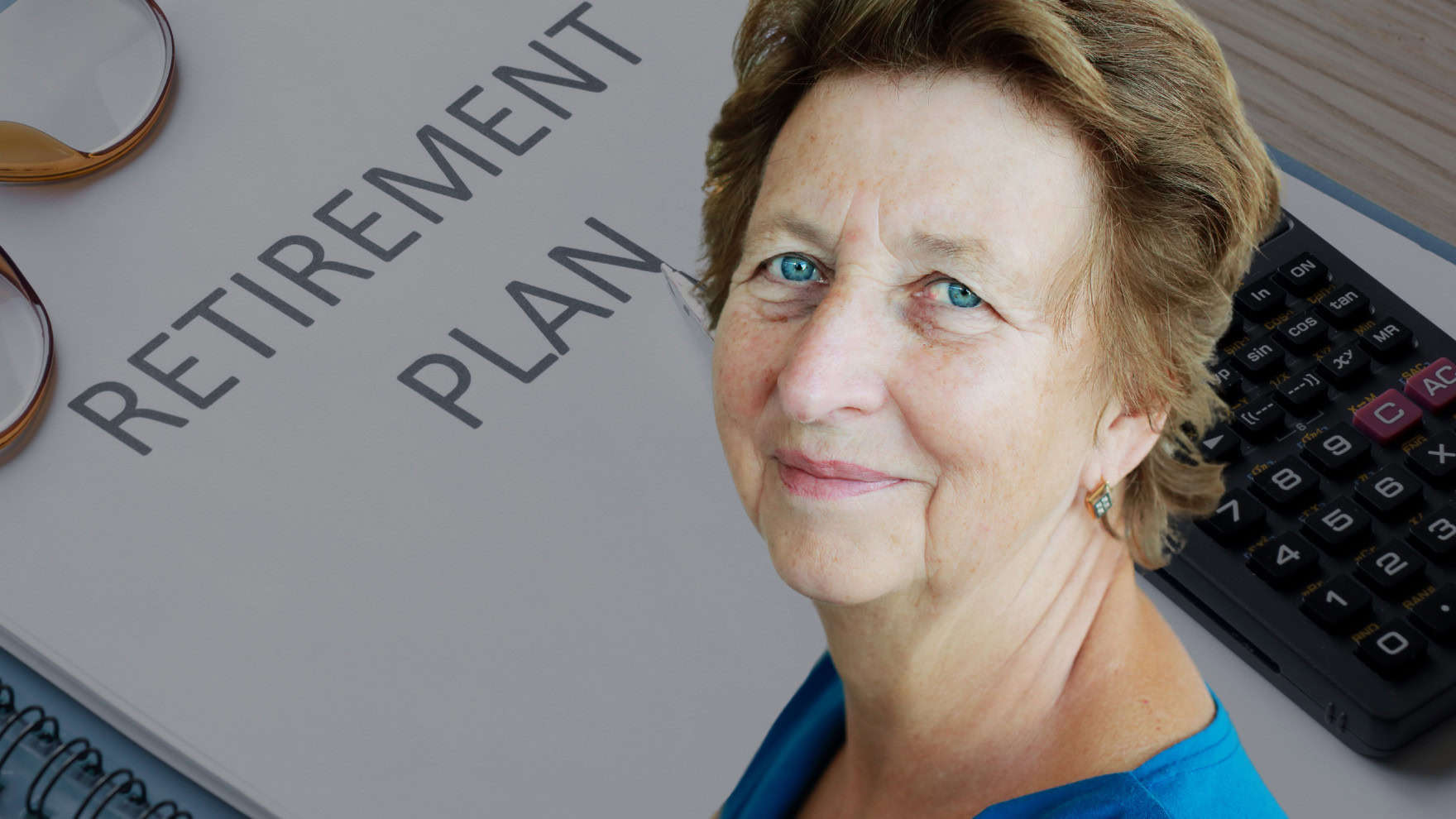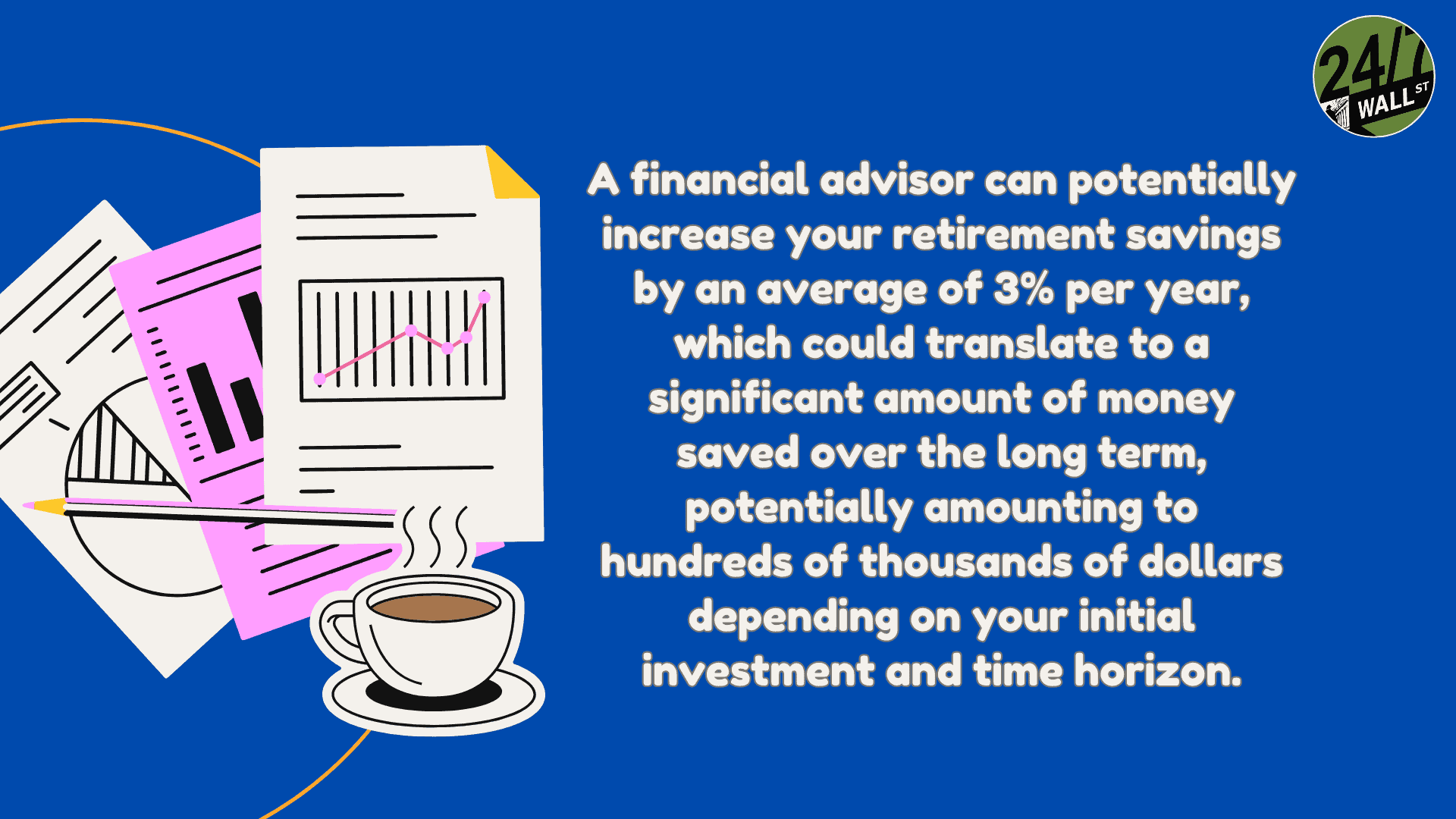Personal Finance
I'm 62 and about to finalize a divorce after 30 years of marriage - how can I change what looks like a gloomy retirement?

Published:
Last Updated:

A divorce can cast a dark storm cloud over just about anyone’s golden years. Finalizing a divorce in one’s early 60s isn’t just stressful and emotionally tolling; it can leave one to tackle major financial unknowns on their own. The good news is that one doesn’t have to go it alone with the help of a financial adviser. As such, it’s essential to have one in your corner to navigate forward and take the appropriate steps to make the most of one’s retirement situation, no matter how gloomy-looking.

In this piece, I’ll respond to a 24/7 WallSt. reader and soon-to-be divorcee who wrote in search of answers on how they can turn things around in the face of what appears to be a gloomy setup ahead of retirement. The reader is approaching the end of a very lengthy (multi-decade) marriage at 62. During their marriage, they’ve spent more than half of their time as a stay-at-home parent while their ex worked.
Indeed, such situations are all too common among couples who’ve decided to go down the route of having only one working parent. Other readers considering such a setup should understand the risks that come with such a setup. Often, the stay-at-home parent is undervalued and left in a tough spot in the event of a separation.
In any case, there are several options the reader should consider as they move forward on their own to make the most of what appears to be a “gloomy” retirement and perhaps transform it into a reasonably comfortable one. Undoubtedly, consulting a financial adviser is a must in such a situation so they can give a more tailored retirement plan that can sustain them for life.
In any case, here are some areas worth looking into and perhaps bringing up with a certified professional when the time comes.
Opting to take Social Security at a later date results in much fatter payments. Claiming Social Security at 62 could reduce benefits by a lofty double-digit percentage. While the timing of opting into Social Security will be a hot subject of debate for many (personal finance guru Dave Ramsey thinks it’s better to take it sooner while investing the proceeds, while others, like Suze Orman, believe it’s smarter to delay it as long as possible).
Personally, I’m inclined to err on the side of caution by delaying Social Security to receive the larger (or even maximum) benefit later on, provided one’s retirement accounts and alternative sources of passive income (think alimony and dividends) are sufficient enough for the time being. While you could get even more out of Social Security by investing the proceeds in stocks, there are hefty risks that not all retirees will be comfortable taking on ahead of their golden years.
Further, I’m in favor of going for the reasonable, risk-free rate rather than taking a chance with one’s nest egg for a shot at an outstanding return, especially if one won’t be in the kind of shape to recover in the event of a stock market crash. By delaying Social Security, you’re getting a pretty good, risk-free rate every year you choose to delay. Given this, I’d argue that it makes sense to bring up delaying Social Security with one’s adviser.
Of course, not everyone is financially able to delay Social Security for too long, especially those with a limited sum in retirement. That’s why it’s so important to meet with an adviser who will have a better idea of whether one’s annual budget will allow for the option to delay Social Security for a few years.
I think there’s an unfair stigma against those who choose to rent in retirement. Indeed, owning your own home may be something to be proud of for some. That said, if you’ve got a hefty mortgage outstanding or just don’t see yourself making use of most of the space in a big house, downsizing to a rental apartment, I believe, can be a good move, especially for someone who’ll be living alone. Of course, that’s just my humble opinion. Everybody has their personal preference when it comes to homeownership, and if there’s financial wiggle room with the retirement accounts, one can own their own home and still have a comfortable retirement.
Even if a retiree on a fixed income does have a paid-off home, there are those pesky fixed costs to consider. Property taxes, maintenance, repairs, and all the sort will eat into one’s passive income. By downsizing to a rental apartment, one will not only do away with such expenses, shoring up their cash flows for other things, but they’ll also have the extra capital to pad their retirement.
Such extra capital may go into passive income-generating securities (think fixed-income debt instruments, dividend stocks, real estate investment trusts (REIT), royalty funds, balanced income-focused mutual funds, exchange-traded funds (ETFs), and the list goes on).
Undoubtedly, if one’s retirement account is on the lighter side (do check in with your financial adviser to ensure your retirement account can sustainably meet your costs of living), selling the home to jolt one’s retirement account and renting isn’t just an option worth considering, it could transform a frugal retirement into a fairly comfortable one.
Delaying social security and opting to downsize (perhaps renting instead of owning) are two cash-shoring options that I’d be sure to address with a financial adviser if I were in a similar situation as our reader. Also, pursuing part-time work could be worth considering.
Further, if one’s retirement account figures aren’t too far behind the averages, given their expected monthly expenses, perhaps there’s ample flexibility and the means to enjoy a retirement that’s far less gloomy than expected.
If you’re one of the over 4 Million Americans set to retire this year, you may want to pay attention.
Finding a financial advisor who puts your interest first can be the difference between a rich retirement and barely getting by, and today it’s easier than ever. SmartAsset’s free tool matches you with up to three fiduciary financial advisors that serve your area in minutes. Each advisor has been carefully vetted, and must act in your best interests. Start your search now.
Don’t waste another minute; get started right here and help your retirement dreams become a retirement reality.
Thank you for reading! Have some feedback for us?
Contact the 24/7 Wall St. editorial team.